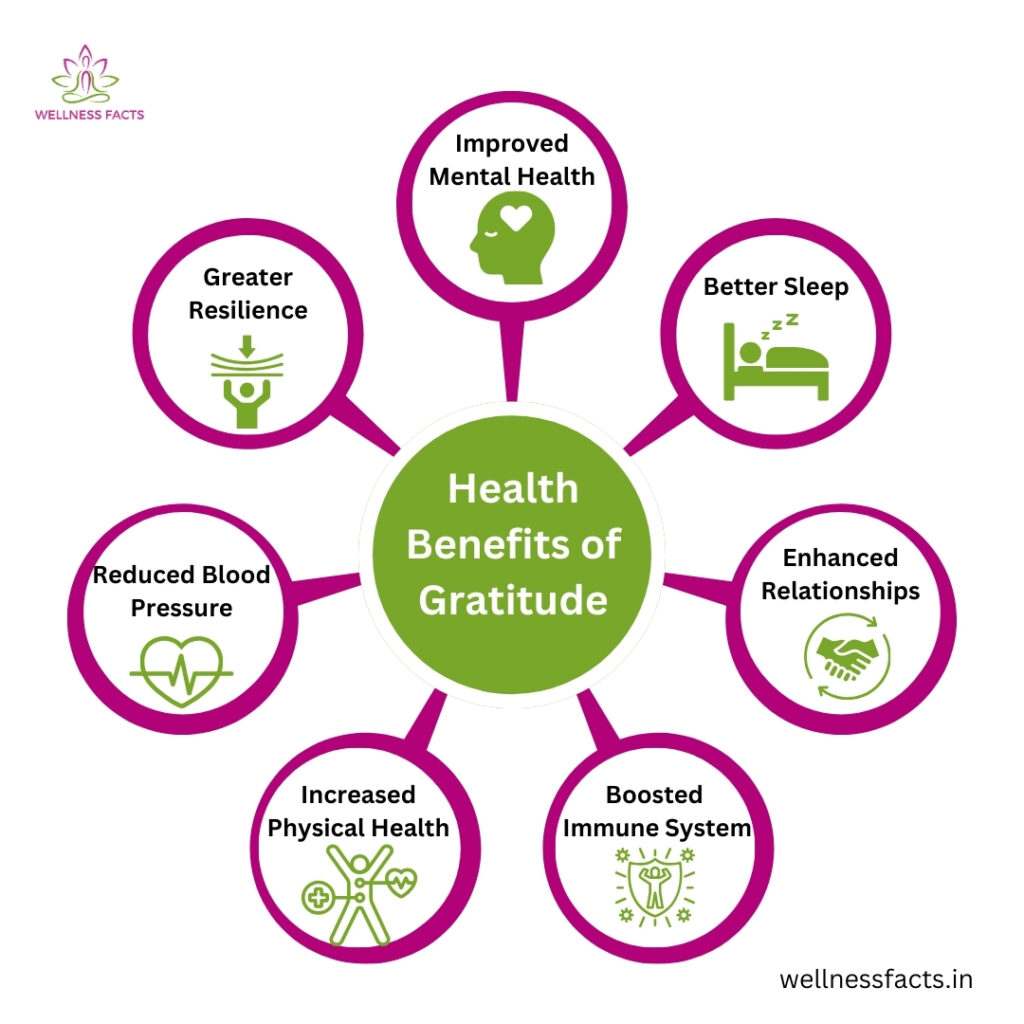Gratitude is more than just a fleeting feeling. It’s a profound mindset that can transform lives. Many studies suggest that being grateful for what you have can significantly impact your well-being and longevity. In this post, we’ll explore how gratitude can help you live longer and enhance your overall quality of life.
The Science Behind Gratitude and Longevity
Understanding Gratitude
Gratitude means acknowledging and valuing the positive aspects of your life. This can include people, experiences, and even simple pleasures. When you practice gratitude regularly, it becomes a powerful tool for fostering happiness and improving mental health.
Health Benefits of Gratitude
Research has shown that gratitude can lead to numerous health benefits. These include:

- Improved Mental Health: Gratitude reduces stress, anxiety, and depression. When you focus on positive aspects of life, your brain releases dopamine and serotonin, the “feel-good” hormones, which boost your mood and promote a sense of well-being.
- Better Sleep: People who practice gratitude tend to sleep better and longer. Writing down things you’re thankful for before bed can calm your mind and prepare your body for restful sleep.
- Enhanced Relationships: Expressing gratitude can strengthen relationships. When you show appreciation to others, it fosters a sense of connection and mutual respect.
- Boosted Immune System: A positive mindset can improve your immune function. Grateful people often experience fewer illnesses and recover faster when they do get sick.
- Increased Physical Health: People who practice gratitude are more likely to take care of their health. They exercise more often, attend regular check-ups, and are more likely to engage in health-promoting activities.
- Reduced Blood Pressure: Gratitude can lead to lower blood pressure. A positive outlook can help in reducing stress, which is a significant contributor to high blood pressure.
- Greater Resilience: Grateful individuals tend to be more resilient in the face of adversity. They can better cope with life’s challenges and bounce back from setbacks more quickly.
How Gratitude Can Extend Your Life
Gratitude doesn’t just make you feel better—it can also help you live longer. Here’s how:
- Reduced Stress: Chronic stress is linked to a multitude of health problems, including heart disease and hypertension. By reducing stress, gratitude helps protect your heart and overall health.
- Lower Blood Pressure: Grateful individuals often have lower blood pressure, which decreases the risk of heart disease and stroke.
- Healthy Lifestyle Choices: People who are grateful are more likely to engage in healthy behaviors such as regular exercise, balanced diet, and avoiding harmful habits like smoking.
Practicing Gratitude Daily
Simple Ways to Cultivate Gratitude
Integrating gratitude into your daily routine can be simple. Here are some simple ways to get started:
- Maintain a Gratitude Journal: Each day, jot down three things you’re thankful for. This practice can shift your focus from what’s wrong to what’s right in your life.
- Express Thanks: Make it a habit to thank people, whether it’s a quick message, a phone call, or a handwritten note. This simple act can enhance your relationships and make you feel more connected.
- Mindful Moments: Spend a few minutes daily reflecting on the positive aspects of your life. This can be during your morning routine, on your commute, or before you go to bed.
- Positive Affirmations: Start your day with positive affirmations that remind you of what you’re thankful for. This can establish a positive tone for the remainder of the day.
Gratitude in Challenging Times
It’s easy to be grateful when things are going well, but what about during tough times? Practicing gratitude during adversity can be even more beneficial. Here’s how:
- Find Silver Linings: Even in difficult situations, look for small positives. This could be lessons learned, support from others, or personal growth.
- Shift Perspective: Focus on what you can control and what’s going well, rather than what’s out of your control or going wrong.
- Reach Out for Help: Discuss your emotions with friends or a therapist.
Conclusion
Gratitude is a powerful tool for enhancing your well-being and longevity. By regularly practicing gratitude, you can improve your mental and physical health, build stronger relationships, and lead a more fulfilling life. Remember, it’s never too late to start being grateful. So, take a moment today to appreciate what you have—you might just live longer because of it.
